How Well Your Balance is Indicates Health
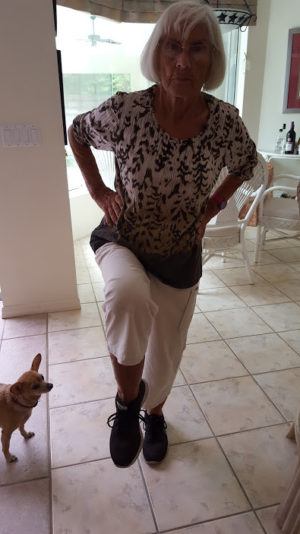
 Did you know that how well you can balance on one leg is a good indicator of your physical and metal health? The older you are the more likely you will have issues with your balance.
Did you know that how well you can balance on one leg is a good indicator of your physical and metal health? The older you are the more likely you will have issues with your balance.
When a toddler or child falls, he or she usually shakes it off and keeps moving. But when an older adult falls, there are often consequences. Broken bones limit mobility. They can also lead to a downward health spiral. Each year, thousands of older Americans die as a result of breaking a hip. Broken bones and head injuries can knock confidence, create a fear of falling, and undermine independence.
As we age
As we age, cells in the vestibular system die off,
A number of changes that come with aging can affect our balance.
- Inside our ears is a balance center called the vestibular system that detects where our body is in space. Are we upright or lying flat; are we standing on our feet or performing a handstand?
The vestibular system is connected to centers in the brain that also control our balance. When the vestibular system and brain determine that we’re about to fall over, the brain directs the body to take corrective action. Maybe we twist back upright so we don’t fall. Maybe we’re too far off center to avoid falling, so our arms and hands stretch out to brace our fall.As we age, cells in the vestibular system die off. This affects how accurately we detect our position in space. That, in turn, affects our ability to correct our position. For example, if we
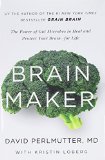 start to tilt to the right and the vestibular system doesn’t detect this quickly, it becomes harder for the brain to prevent falling to the right.
start to tilt to the right and the vestibular system doesn’t detect this quickly, it becomes harder for the brain to prevent falling to the right. - Our sight, the ability to focus and see things clearly, diminishes with age. So do depth perception, night vision and sensitivity to contrast. Eye problems can impair, blur or distort vision. The loss of these visual cues compromises balance. Corrective lenses or surgery may help.
- Blood pressure can dip suddenly when you stand up, causing dizziness, lightheadedness, blurry vision, even fainting. Standing up slowly — sitting first on the side of the bed when you rise, for example — may help.
- We lose a lot of muscle mass and strength as we age. We also lose power — a function of strength and speed — which affects balance, too. If you start to trip, power helps you react swiftly. Exercise can help you rebuild strength and power, or at least slow the pace of decline.
- Our reflexes and coordination slow with age. Thus, you may be more likely to stumble — and take more time to react when you do.
An Amazing 100% Scientific Research-Based Method 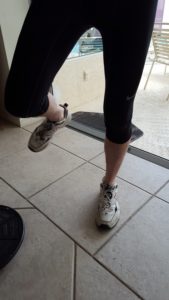
Treats Root Cause of Dizziness and Other Balance
Problems in As Little As 14 Days* ! CLICK HERE
Many health problems can interfere with balance. They include, but are not limited to, arthritis, stroke, Parkinson’s disease and multiple sclerosis.
Medications may also increase your risk of falls. They can cause blurred vision, dizziness, lightheadedness and drowsiness. Some medications may damage the inner ear, spurring balance disorders.
Along with regular aerobic exercise and weight training, balance exercises are important as we get older. Such exercises really can help you improve your balance. (Source: http://www.askdoctork.com/why-does-balance-decline-with-age-201306054928)
I’ve noticed a balancing problem with my then 79 year-old mother. One day we were walking and I witnessed her doing the “old-person shuffle.”
Become a Certified Self-Esteem Coach for Children and Learn the Life-Impacting Secrets to Champion Kids to Elevate their Self-Esteem & Live their Best Lives
“Why are you walking like that?” I said horrified to see my mother actually show signs of aging.
“My brain isn’t communicating with my feet,” said my mother.
I never thought my mother would have a problem with her walking or balance. She was a person who was more comfortable walking in the woods picking mushrooms than she was shopping in a mall. Mystified that she said her brain wasn’t communicating to her feet I decided to research and see if there was a way to improve my mother’s balance. While staying active physically at any age it is also important to keep the mind active. I’ve noticed people who retire suddenly decline physically and mentally in the supposed “Golden Years.” And I’ve seen active seniors in their 80s playing pickleball against people in their 60s; the 80+ year-olds just as fast moving and quick thinking as the 60 year olds.
Balance Board provides great balancing exercises(Click here)
- Improves core strength, functionality, sense of balance, visual sense
- Helps to strengthen the targeted muscles, ligaments, tendons and joints
- Relax the muscles and release your stress away and enhance self confidence
- Great for rehabilitation centers, gyms, professional athletes and individual
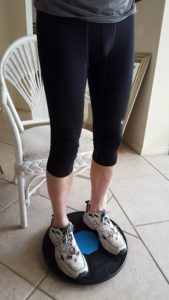 In my observations, seniors that take care of their health or more likely to maintain good balance. They eat well, limit their alcohol, skip the sugary snacks and will walk or engage in other physical activities.
In my observations, seniors that take care of their health or more likely to maintain good balance. They eat well, limit their alcohol, skip the sugary snacks and will walk or engage in other physical activities.
The above activities also provide social connections; very important for mental health in seniors.
Some basic balance exercises you can do anytime include:
- One-legged stands: Stand on one foot for 30 seconds, or longer, then switch to the other foot. You can do this while brushing your teeth or waiting around somewhere. In the beginning, you might want to have a wall or chair to hold on to.
- Heel rises: While standing, rise up on your toes as far as you can. Then drop back to the starting position and repeat the process 10 to 20 times. You can make this more difficult by holding light hand weights.
- Heel-toe walk: Take 20 steps while looking straight ahead. Think of a field sobriety test.
- Sit-to-stand: Without using your hands, get up from a straight-backed chair and sit back down 10 to 20 times. This improves balance and leg strength.
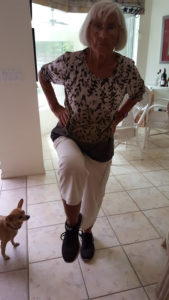 Just as the body needs physical exercise to keep fit, the brain needs mental exercise to stay active and alive. Mental exercise stimulates the brain, often providing long-lasting positive effects regarding thinking and reasoning skills, memory and processing speed.
Just as the body needs physical exercise to keep fit, the brain needs mental exercise to stay active and alive. Mental exercise stimulates the brain, often providing long-lasting positive effects regarding thinking and reasoning skills, memory and processing speed.
Playing games such as cards, mah jong, and hobbies are a great way to keep a senior’s mind sharp.
Depending on the seniors interests and abilities, the following are examples of possible crafts or hobbies they may enjoy.
- Drawing
- Painting
- Knitting
- Playing music
- Scrapbooking
- Woodworking
- Mosaics using tiles or colored paper
- Photography
Keeping the mind active and constantly learning and stimulating the brain will help with balance.
Don’t just age, but improve with age!
Thanks for reading!
Terry Ryan, Blogger

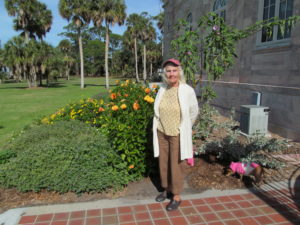
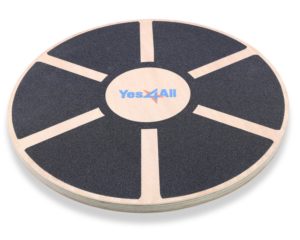
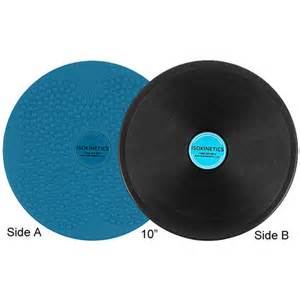

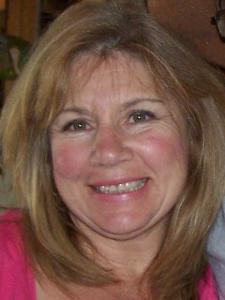
 D5 Creation
D5 Creation